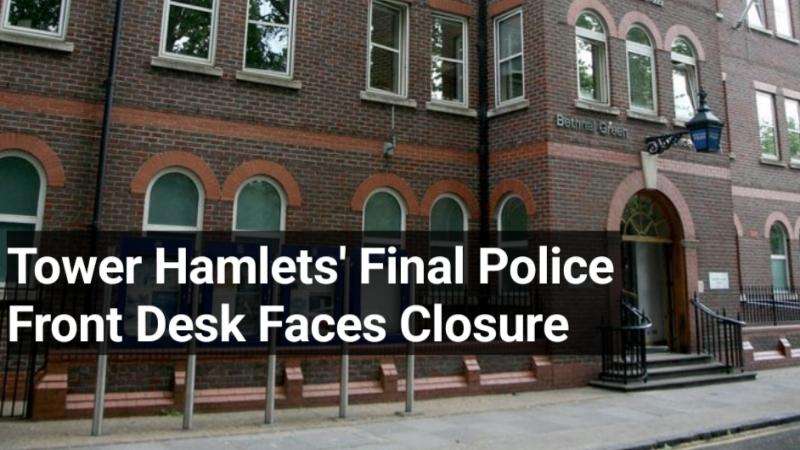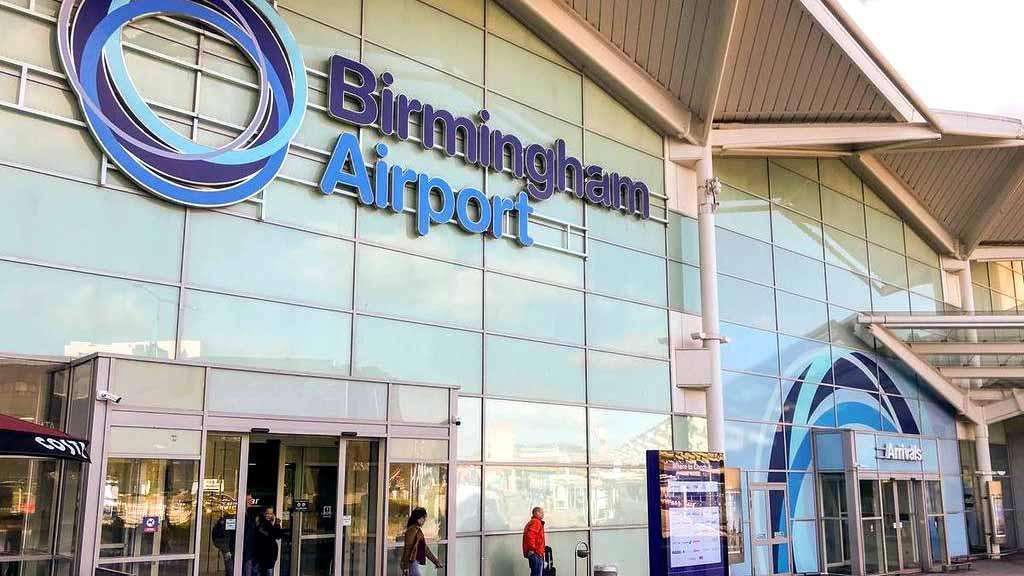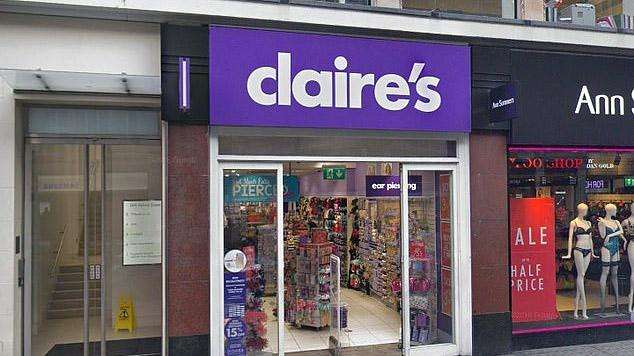The Metropolitan Police's decision to close nearly half of its public-facing counters across London is set to leave Tower Hamlets without a single police front desk. The proposed closure of the counter at Bethnal Green Police Station by the end of this year is a major blow to a borough that has long been grappling with complex crime issues and a steady reduction in policing resources.
This move is part of the Met's drive to save £260 million and directly goes against a previous promise to maintain a 24-hour police counter in every London borough. While the closures are not yet final and are subject to "design work and engagement," the list published by Scotland Yard has already generated significant concern among local officials and residents.
Tower Hamlets' Ongoing Struggle for Police Resources
For years, Tower Hamlets Council has been a vocal critic of reduced policing levels and police station closures. They have consistently argued that a visible police presence and accessible contact points are essential for public confidence and safety. The council even took the proactive step of investing its own funds into policing, including a "Partnership Task Force" and hiring additional officers, to help fill the gaps left by government cuts.
Despite being among the top 20 safest boroughs in London, Tower Hamlets faces persistent challenges with crime, particularly with violent and sexual offenses, anti-social behavior, and knife crime. In this context, closing the last remaining front desk is seen as a serious blow to a community that has watched its police contact points dwindle over the years.
The Met's Justification and Public Concerns
The Metropolitan Police defends the closures by citing low usage, noting that only 5% of crimes were reported at front counters last year. A spokesperson stated that the £7 million saved annually, along with the freed-up officer hours, would be reinvested into increasing police presence on the streets. They also mentioned new contact methods, such as video appointments and weatherproof phones, would be introduced.
However, critics argue that these digital alternatives may not serve the borough's most vulnerable residents, including those without internet access. The loss of a physical front desk, where people can speak directly with an officer, is seen as a significant reduction in a vital public service. The closures also break a long-standing promise to the public, raising questions about police priorities and accountability.
While some neighboring boroughs like Havering and Newham will retain their front counters, the reality for Tower Hamlets is that residents will have to travel to other areas or rely on digital and phone services to report crimes or seek assistance. This proposal has intensified fears about public safety and the future of local policing in one of London's most diverse boroughs.
The British Bangladeshi community is a central and defining part of Tower Hamlets. With a history stretching back to the 1920s, the borough is often considered the heart of the community in the UK, with British Bangladeshis making up over a third of the population. Their influence is deeply woven into the local culture, from the famous curry houses of "Banglatown" on Brick Lane to their significant presence in local politics. This strong, community-driven identity, built over decades, means that changes to local services like police front desks are not just administrative decisions—they are matters of deep concern for a community that values security and a strong local presence.








.svg)


